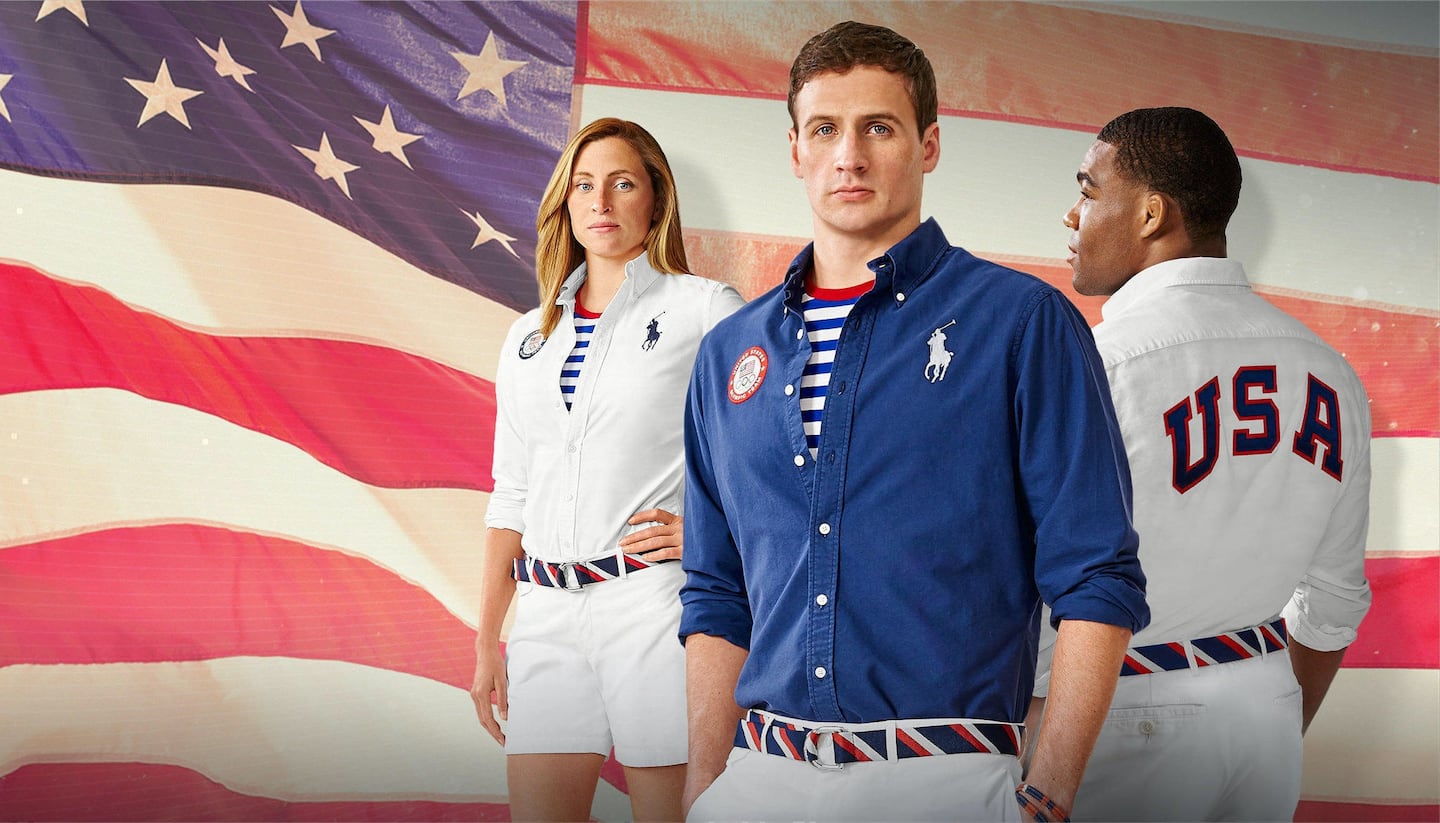
The Business of Fashion
Agenda-setting intelligence, analysis and advice for the global fashion community.

Agenda-setting intelligence, analysis and advice for the global fashion community.

Rio de Janeiro, Brazil — To American shoppers, the Team USA Olympic store in Rio's ritzy Ipanema would not be out of place in any upscale suburban shopping mall, with clothes from Ralph Lauren and Nike, and jewellery from designer Alex Ani.
The store, the United States Olympic Committee’s first in a host city, is part of a plan to turn Team USA into a year-round retailer. The outlet will also go down as one of the most short-lived ventures in Brazil, a country with a business culture that can leave even seasoned entrepreneurs fuming.
The USOC has been lobbying organisers for years to open a store during the Rio Games, aware that Brazil would not make it easy. In fact, according to the World Bank’s Doing Business tables, it would be easier in 115 other countries, including Swaziland or Kyrgyzstan.
“It was very complicated,” said chief financial officer Morane Kerek. “We really had to rely on experts. We are in the sports business, we’re not in the setting-up-companies business.”
ADVERTISEMENT
First the USOC had to establish a company which, under local rules, needed a Brazilian president. The Americans appointed a lawyer from a Rio firm. To staff the store, they relied on sponsor Adecco to help it stick to a strict ratio of local employees to foreigners.
Then there was dealing with a sales system that has to deliver real-time reports to the government for tax purposes, along with records for the shop and receipts for customers. “It was definitely more complicated than we’ve seen in other countries,” Kerek said.
The final challenge was getting goods into Brazil, a country where shipments regularly get stuck in customs for months. Brazil’s government and Olympic organisers helped smooth the process, and in the end, the only items delayed — commemorative red white and blue Swatch-branded watches — were cleared in 48 hours, after each watch received a sticker to prove its authenticity.
Cost of Brazil
The challenges the USOC faced are par for the course, according to Jason Freitas Vieira, the chief economist at Sao Paulo-based Infinity Asset Management. “Part of the bureaucracy you deal with in Brazil is the famous issue of creating hurdles to sell shortcuts,” he said.
The hassle would not have been worth it for just a two-week pop-up, said the USOC’s chief marketing officer Lisa Baird. But as a piece of the wider Team USA retail and branding strategy — the store is also adjacent to the USA hospitality house — “it’s incredibly valuable,” she said.
With several high-profile athletes, the odd celebrity and top business executives passing through the stores doors and sharing their experience on social media, Baird expects the impact to lead to sales in the US as well.
Even shoppers have had to make peace with the customs of Brazil, including prices that are higher than what Americans are used to. Like many businesses, they have been affected with what is known locally as “the cost of Brazil,” or the taxes and tariffs that reflect higher operating costs of the country.
ADVERTISEMENT
The second Sunday of the Olympics was a busy one for the store, with visitors stepping in ahead of that night’s track-and-field events. Lacey Devries, 27, a teacher from Seattle, bought a Ralph Lauren sweatshirt made especially for the Rio games. “I feel it’s a classic piece that I’ll keep forever as a memory,” she said. “But it was like $150, that’s insane, it kind of freaks me out.”
The Rio experience has only emboldened the USOC. Planning for the next store at the 2018 Winter Games in Pyeongchang has already begun, and the USOC expects the process in South Korea to be smoother. “If you can do business in Brazil you can do business anywhere,” Baird said.
By Tariq Panja; editors: Janet Paskin and Lisa Wolfson.
From analysis of the global fashion and beauty industries to career and personal advice, BoF’s founder and CEO, Imran Amed, will be answering your questions on Sunday, February 18, 2024 during London Fashion Week.
The State of Fashion 2024 breaks down the 10 themes that will define the industry in the year ahead.
Imran Amed reviews the most important fashion stories of the year and shares his predictions on what this means for the industry in 2024.
After three days of inspiring talks, guests closed out BoF’s gathering for big thinkers with a black tie gala followed by an intimate performance from Rita Ora — guest starring Billy Porter.